Last week I stuck to technology and how our approach is changing to build the best software experiences we’ve ever built. This week I’m changing gears a little to talk about culture, a subject you know I’m passionate about. More so, I’ll talk about how we as software technology professionals can impact society on the whole.
Mobility and Smart City
The idea of Mobility and Smart Cities is still an untapped, wild west concept. Due to lack of regulations, we’re seeing lots of ideas quickly starting up and then quickly going away (either by economic or regulatory influences!). For example, I loved using the Bird scooters for my commute in downtown Winston-Salem, but the city just wasn’t ready. There were no relevant regulations, the bike paths weren’t sufficient, and you were condemned if you dared ride one on the sidewalks to escape unaware motorists. 2018 saw headlines on smart cars that included pedestrian deaths, shots fired at autonomous cars, and fiery crashes. Some think that these technologies are doomed. The reality is however, that the established industries are themselves starting to turn the corner. The biggest challenges are really that the automotive manufacturers have cars capable of talking to each other but they’re using different languages. Standards need to be established, both in the technology and the legislation. Our mantra is communication and collaboration make the difference with software projects, and the same can be said for these technologies impacting the way we get around, too!
Sustainability
With recent revelations about global warming happening even faster than scientists had previously thought, the world is turning to technology for sustainability. Already, countries like Norway are seeing electric cars adopted by more than 50% of the population. It helps us realize that each person can make changes in their personal habits and through technology to increase sustainability. As technologists, let’s consider what we do with every project we work on whether it’s as simple has writing code with a small footprint that uses fewer resources on a server to serverless and orchestrated infrastructure as a service to limit the CPU cycles necessary to drive the software that we build. Or, what about that next open source project through organizations like code.gov to help our governments make better use of natural resources. Just because some in our governments don’t support climate control doesn’t mean we can’t do our part to even help them.
Software Craftsmanship
The pace of software delivery is increasing rapidly. In many organizations, getting something working quickly has been more important than the quality of the code delivered. The popularity of Agile methodologies and DevOps practices of streamlining delivery to the consumer has put a spotlight on areas in code that haven’t been built with the best coding practices in mind. When the development team pushes back on more frequent deployments sometimes, Brian White says “it’s because the code as written, doesn’t support good testing and automated build processes.” In 2019, attention to software craftsmanship will allow developers to more easily speed up delivery without sacrificing the quality of releases. “No one likes getting packages delivered earlier that have dents and holes in them.” says John Richardson. Combining the streamlined processes of Agile and DevOps with an attention to the craftsmanship of the code is the way to reach the ultimate goal of having high quality releases delivered as efficiently as possible.
Diversity
The #metoo movement is having broad reaching effects – software development included. From conference panels, to bootcamps, the software development industry is becoming more proactive in bringing in a more inclusive environment. It’s about time, and will help the industry. The best impact is that software will be better because more perspectives will be brought to the process making the user experience better for more people.
Ethics
With revelations over the last couple of years about just how intrusive companies like Facebook and Google are in our personal data, we’re all thinking about the ethics of our applications. For me, this can range from how we view the security of our apps to thinking about what I’m willing to give up in order to have a personalized experience. As software development professionals, 2019 is the year we need to broaden the ideas around this to use the word ethics.
Bonus: Sabbaticals
OK, maybe not tech related, but your team is probably hearing stories about sabbaticals — think 6 months offline traveling in Southeast Asia. You’re probably thinking this is just for the super rich executives, but I predict that you might want to think about how your team can handle this. If you’ve gotten good at figuring out that 4-month maternity/paternity leave, then you’re probably on the right track. The best part is if you’re already truly an Agile [methodology] shop, this will be easy to plan for. And yes, when the team reads these, I know I’m going to get the blame for planting the seed.
I’m really excited about 2019. We have lots of opportunities to improve the world with technology and culture change. I believe the world is ready to move into a positive frame of mind and we as technologists can lead the way!
This was originally published on smallfootprint.com.

Pingback: 7 Tech Trends for 2019 – Patrick Turner, Technologist